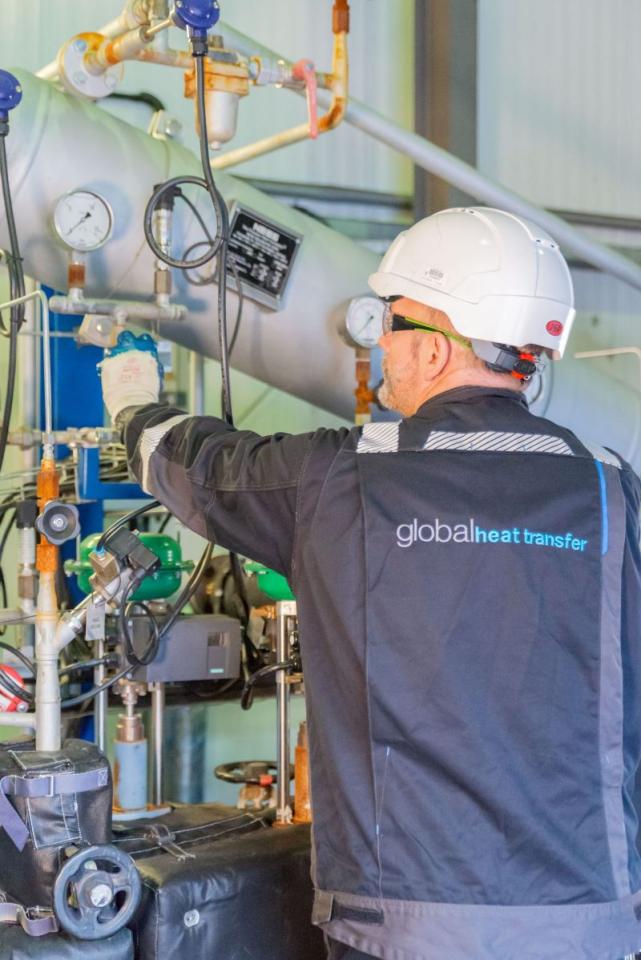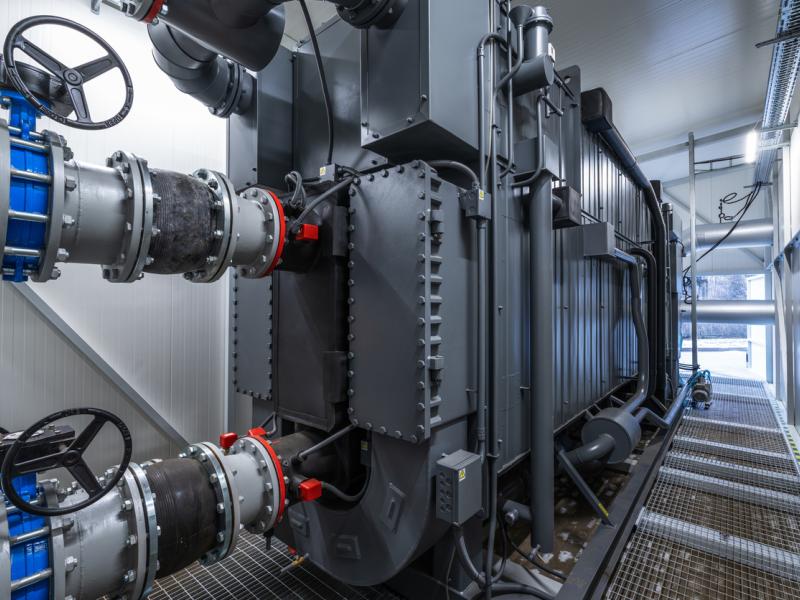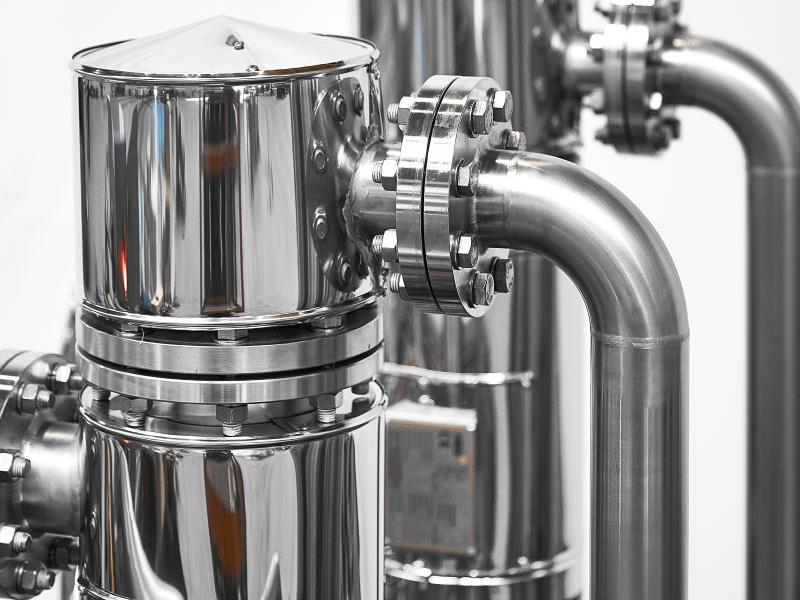To improve safety in businesses operating thermal fluid systems, Global Heat Transfer (GHT) has made its Thermal Fluid Analysis Kit and continuous Light Ends Removal Kit (LERK) available in Australia and New Zealand. These products will help manufacturers and other businesses operating heat transfer fluid (HTF) systems to better understand the condition of their thermal fluid, so they can take steps to proactively extend its lifespan and improve process efficiency and workplace safety.
The Thermal Fluid Analysis Kit comes with equipment for drawing a fluid sample, containers to store it in, expert advice and instructions, and a fluid analysis service. First, to achieve the most accurate results, the customer must take a closed representative sample from a hot, live and circulating system. It can then be assessed for degradation products such as light ends, water ingress and carbon as part of Global Heat Transfer’s extensive eleven-point testing service. The kit means those in remote and offshore locations can accurately determine fluid condition without waiting for an external engineer visit.
“Heat transfer fluid degrades over time, and it is essential that plant managers have an insight into its condition,” said Clive Jones, managing director at Global Heat Transfer. “The best way for plant managers to avoid unplanned downtime and manage the health and safety risks associated with heat transfer systems is with a proactive approach that includes frequent fluid sampling, followed by preventative maintenance.
“It can be difficult for companies in remote locations to access the skills and technology to draw a representative sample accurately and safely. We want all operators of heat transfer systems in Australia and New Zealand to benefit from expert frequent sampling and analysis,” added Jones.
As fluid degrades, it forms long and short hydrocarbons — the shorter chains, known as “light ends,” will lower the flash point temperature (the temperature at which the fluid will ignite in the presence of an ignition source) of the fluid, increasing the risk of fire. A LERK releases light ends from the HTF as a gas by passing the fluid through a distillation vessel and recollecting it in the liquid phase of a condenser. The light ends are drained either automatically or manually from the system.
The light ends removal kit can be retrofitted to any thermal fluid heat transfer system so customers in food and beverage, industrial, chemical, pharmaceutical, wood and plastics processing can remove volatile light ends and improve system, site and personnel safety. The LERK can be equipped with remote monitoring capabilities to enable a centralised solution that reduces the costs associated with call outs.
Global Heat Transfer will also supply the sample kit and LERK to customers as a part of its preventative maintenance programme, Thermocare, a proactive condition monitoring and maintenance plan to reduce the risk of downtime.
Global Heat Transfer provides a range of heat transfer services to help manufacturers improve thermal fluid management. For more information, contact +65 3159 1480 or e-mail enquiries@globalhtf.com.






